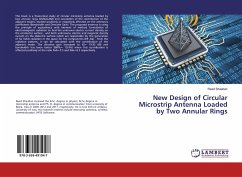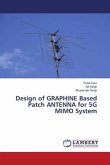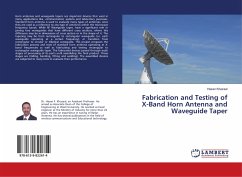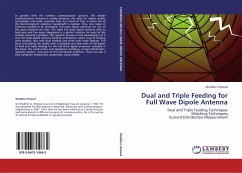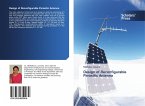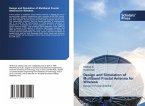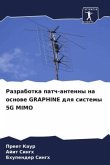Nano-satellite missions are a low-cost tool for performing scientific research functions and testing new space technologies. From 2000 to 2016 there were 371 nanosatellite launches with 15.4%shown to complete their mission and another 22.6% which completed some aspect of their mission.The high failure rate of nano-satellites can be attributed to multiple factors such as system integration, non-space rated hardware, launch failure, and untested technology. Some of the risks associated with nano-satellites may be reduced by incorporating design exploration, optimization,and pre-testing techniques into system engineering techniques.This work presents a multi-disciplinary system exploration, and design approach for low-budget nano-satellite builders to get a better estimate of system performance before beginning the actual build. The use of design exploration minimizes the number of variables in optimization by finding which design variables have little options or impact on system performance and allows the design team to parameterize them. The system optimization process will give initial goals for the hardware mass, power, and performance metrics for systems-level requirements.
Hinweis: Dieser Artikel kann nur an eine deutsche Lieferadresse ausgeliefert werden.
Hinweis: Dieser Artikel kann nur an eine deutsche Lieferadresse ausgeliefert werden.


